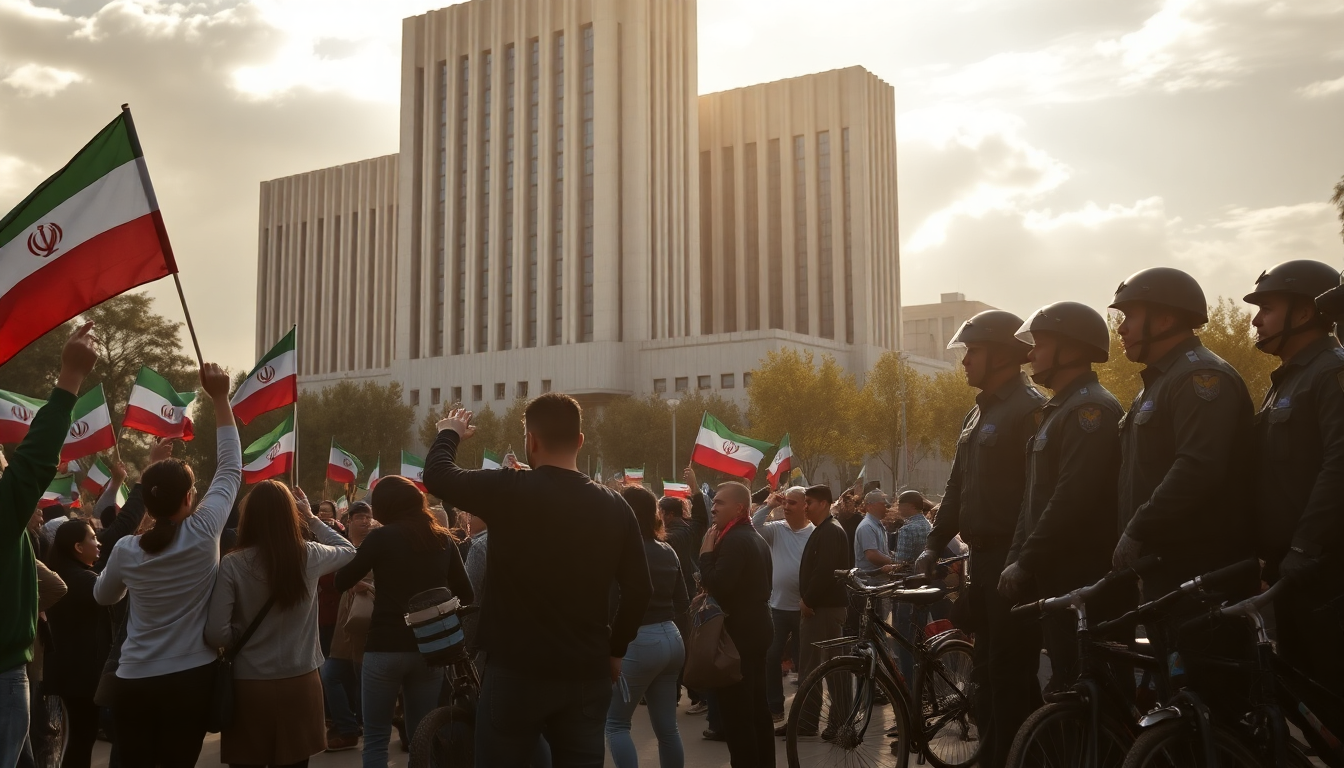Table of Contents
The political landscape in Iran is currently under the microscope, especially with new allegations surfacing about the conduct of its Supreme Leader, Ayatollah Ali Khamenei. Reports from a recently emerged social media account, believed to be linked to Israel’s intelligence agency, suggest some troubling behaviors that could shake the foundation of the nation and alter public perception. What does this mean for Iran, a country already wrestling with a myriad of internal and external pressures?
Allegations of Misconduct and Their Implications
The claims being made are serious. This social media account suggests that Khamenei may be spending significant portions of his day sleeping or possibly under the influence of drugs. Such accusations inevitably lead to questions about his ability to lead effectively. One provocative post even asked, “How can a leader lead when they sleep half the day and spend the other half high on substances?” This sentiment echoes a broader unease about leadership in Iran and its impact on governance.
The timing of these allegations couldn’t be more critical, coinciding with rising tensions in the region, particularly with China and the ongoing indirect talks between the U.S. and Iran. Khamenei’s perceived detachment from reality might undermine the government’s credibility and effectiveness in tackling pressing issues like water shortages and electricity access—concerns that hit close to home for many Iranians. The account’s focus on these pressing topics seems to be a strategic move to spotlight the growing disconnection between the leadership and the people, further stoking discontent.
But it doesn’t stop there. If these allegations gain traction, they could have ripple effects on international relations. Western nations are already engaged with Iran regarding its nuclear program and regional influence; the perception of a weakened leadership might embolden critics both within Iran and on the global stage, potentially destabilizing an already volatile situation. How much longer can this status quo last?
The Role of Social Media in Shaping Public Opinion
This new social media account, claiming to represent the Mossad’s voice in Farsi, highlights a shift in how information is shared in Iran. While the account remains unverified, it has captured attention and gained credibility, especially among those who are dissatisfied with the current regime. Its use of satire and provocative language marks a departure from traditional intelligence communications, suggesting a fresh tactic aimed at engaging the public.
Furthermore, the posts delve into various governance issues, including Khamenei’s health and the overall state of the nation. By presenting itself as a whistleblower, the account appeals to a demographic yearning for transparency and accountability from their leaders. This shift illustrates the formidable power social media has in shaping narratives and swaying public sentiment in a time when traditional media may not hold the same sway.
As awareness of these allegations spreads among the Iranian public, the potential for civil unrest could rise. Increased calls for accountability and transparency may lead to stronger demands for democratic reforms, challenging the long-standing power structures in the country. Could this be the tipping point for change?
Historical Context and Future Prospects
The current situation is not without its historical precedents. Iran has faced numerous leadership crises in the past, often resulting in significant shifts in governance and public policy. Khamenei’s leadership style has come under scrutiny before, particularly regarding his handling of domestic issues and international relations. History shows us that public perception can greatly influence political stability, especially when the populace feels a disconnect from its leaders.
Looking ahead, the implications of Khamenei’s alleged behaviors could not only reshape Iran’s internal dynamics but also its external relations. If these allegations erode faith in the leadership, we may see a surge in calls for reform or even a shake-up in power dynamics within the Iranian political landscape. What changes could this spark for the future?
In conclusion, the allegations against Iran’s Supreme Leader aren’t just about personal conduct; they’re a reflection of deeper issues within the country’s governance. As public sentiment shifts, the potential for change grows, underscoring the fragile balance between effective leadership and public trust. Will this be the moment that sparks real transformation in Iran?


